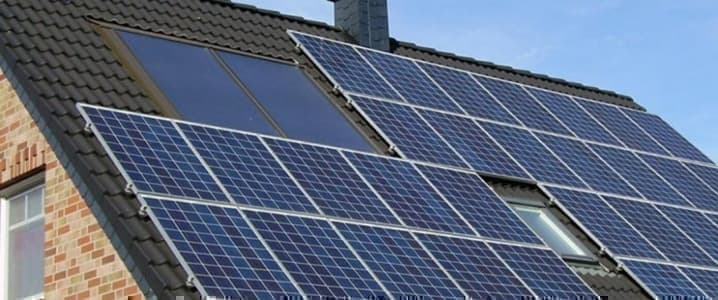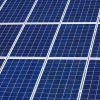When people talk about the benefits of installing solar panels they often consider the environmental benefits of doing so and of reducing their carbon footprint. While this can be true, there are also numerous financial benefits that are often available as a result of installing solar panels in your home through savings, supplementing your income, and through tax breaks. This article will discuss some of the common financial benefits associated with installing solar panels in your home or business.
Cost Savings
Many people install solar panels in order to save money on their heating costs. Solar panels use the renewable energy emitted by the sun as opposed to using wasteful fossil fuels which are burned and pollute the environment. By installing solar panels they are effectively reducing the gas or electricity used on a day to day basis and benefiting financially in the long-run through the installation of solar panels through lower utility charges.
Revenue Generation
Some individuals or businesses generate excess amounts of energy through solar panels. This excess energy can be sold back to the local utilities and can help an individual to supplement their income as a result. Calculate the cost savings you are likely to realize as well as any incentives offered through local programs to plan on whether it is worthwhile to install a solar panel, given the information noted in this article. Businesses often install solar panels in order to accomplish the same benefit. If your roof is in an area that attracts a lot of sunlight and is of a substantial size, you may be able to rent that roof space to a third party that will then install solar panels of their own on the roof and provide you with income from your roof. For most individuals and businesses, roofs often cost money to install, not the other way around!
Tax Breaks
Both federal and state governments often offer tax breaks to individuals or businesses that install solar panels. Commonly, these tax breaks will reduce adjusted gross income (AGI), thereby reducing your tax bill at the end of the year and saving you money. Check to see what programs are offered locally. Sometimes these tax breaks expire and are renewed late in the year, thereby limiting the ability of a taxpayer to plan ahead of time. Be sure to research both the laws in place currently and any tax breaks likely to be in place upon the end of a tax year. Be sure that there are typically no limitations on these tax breaks before starting the installation of the solar panels.
Conclusion
As noted above, solar panels are not only a way of giving back to the environment; it can also be a great way to generate revenue. Consider the financial benefits noted above including tax breaks offered for the installation of solar panels, a reduction of your heating or electrical costs, and earning revenue by selling back excess energy generated by solar panels to your local municipality or through the attainment of tax breaks. Be sure to research what programs are offered locally by your utility or taxing authority to avoid missing out on these financial benefits.






